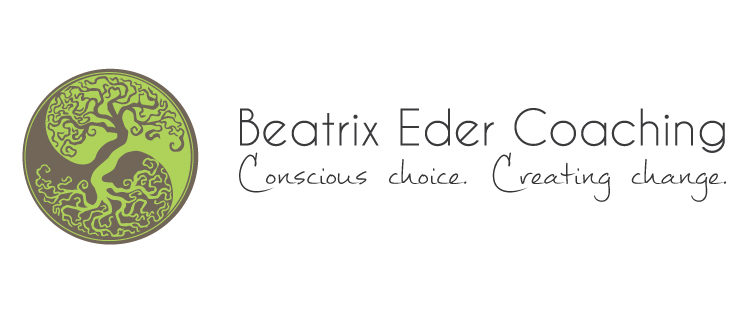
Three ingredients to success and how introverts can use them
Exposure makes up a big part of your organizational success. How can introverts successfully navigate this?
When it comes to building a successful career, everybody agrees that performance sets the foundation for climbing the organizational ladder. Many people will mostly focus on their numbers and results and be dismayed when they do not get the long awaited promotion. Often it is people with introverted tendencies who neglect the other ingredients that can propel them forward. Their individual reasons and habits might differ, yet often they will focus almost exclusively on the hard facts of their performance.
In 1996, Harvey Coleman examined what qualities make people successful in corporations and introduced the PIE-model, according to which three elements determine your success:
Performance: the quality of your results and accomplishments
Image: your personal brand and what others think about you and
Exposure: being visible to the right people.
These elements will be considered in every job and at every promotion, but apart from performance, unfortunately they are mostly intangible and part of the subconscious workplace culture.
Implications for introverted leaders
Therefore it is important to realize that over half of what makes someone successful is inherently tied to how visible you make yourself, and how that exposure is perceived. Organizations seem to reward more the loud visibility, and the low motivation of introverts to seeking attention is often misconstrued as lack of ambition, ability to connect with people, or to influence and lead others.
At first sight, you might think that this is bad news for introverts who prefer recharging by spending time alone. How will they gain sufficient exposure and visibility so that people know about their work? How will they build their image in a consistent way?
Fortunately, there are different ways of cultivating image and gaining exposure. Just as leaders come in different flavors or personality types, people with a tendency of introversion can choose how to fine-tune their skills in these three areas.
Performance
This is the entry ticket to any new role and the foundation of your success, however performance only is rarely sufficient. Achieving the set goals is one thing but most companies today also measure the “how” of your results.
Many introverts work in a highly focused and efficient way and they are known for developing genuine relationships with their colleagues, so this part is probably fairly easy to apply.
- Understand the priorities of your role and work on achieving them in a consistent & sustainable way.
- Know how the success of your boss is measured and make him / her shine.
- Bring in the full scope of your knowledge & skills.
- Make sure that your in line manager knows what you have contributed to the success of a project.
- Help others to improve team performance.
Image
This is probably the mysterious element of the PIE-chart: subconscious impressions can strongly influence how we think of a person and having a positive image is very important if you want to gain exposure. You want to influence that people think, feel and talk in a positive way about you or else you will have negative exposure.
- “You are what you wear” – they say, so always dress for the role you want to have instead of the one you are occupying.
- Be aware of your body language and carry yourself with confidence.
- Speak in a calm, clear voice with correct grammar and share true and useful information.
- Cultivate an approachable attitude: friendly, professional, available, and reliable.
- Demonstrate a willingness to solve problems and take risks for the success of the team.
- Use your introverted strengths: thoughtfulness, listening skills and intuition.
Exposure
Exposure is the most important element to your success and it builds on your performance and your image. There is a stereotype of the introverted manager who is shy, lacks social skills as dislikes being around people but that’s not true. Introverts function in a different way and there is no need to excuse this difference; it is sufficient to be aware of it and use it to your advantage.
- Build genuine relationships for the long-term with peers, direct reports and superiors.
- Prepare for meetings and make a commitment to speak at least once.
- Follow-up with people after meetings and suggest discussing one on one or in small groups.
- Go (sometimes at least) to work lunches and company events and give yourself permission to speak only to a few people.
- Get out of your comfort zone and share your knowledge with your company: talk about seminars you have attended or do a short presentation about a topic. If this is too stretching, write an article or a short post on social media or the internal newsletter.
- Once you are comfortable with the above, you can further stretch yourself and get involved in professional organizations and industry groups.
Your career PIE
In conclusion, you are the one baking your career-PIE, so muse the necessary ingredients but make it to your own flavor. It’s never a cookie-cutter approach that will make you stand out: if you play a role that you do not believe in and that you don’t like, people around you will sense it.
The most important thing is to know who you are and what your preferences are and live them with authenticity.



